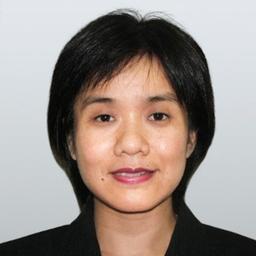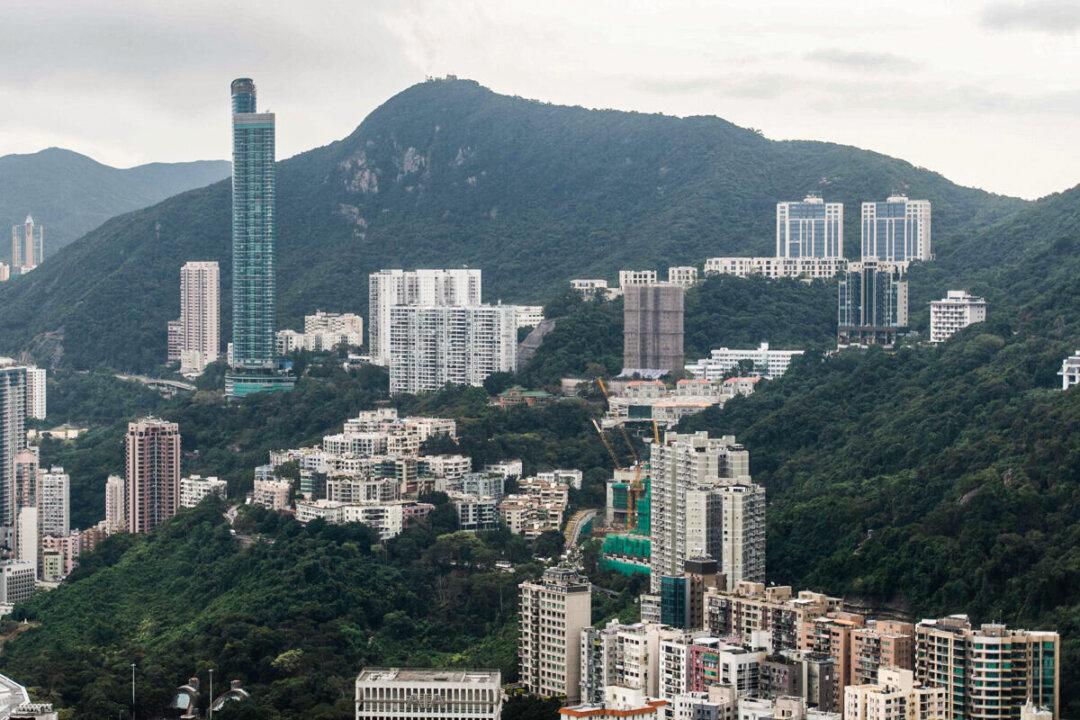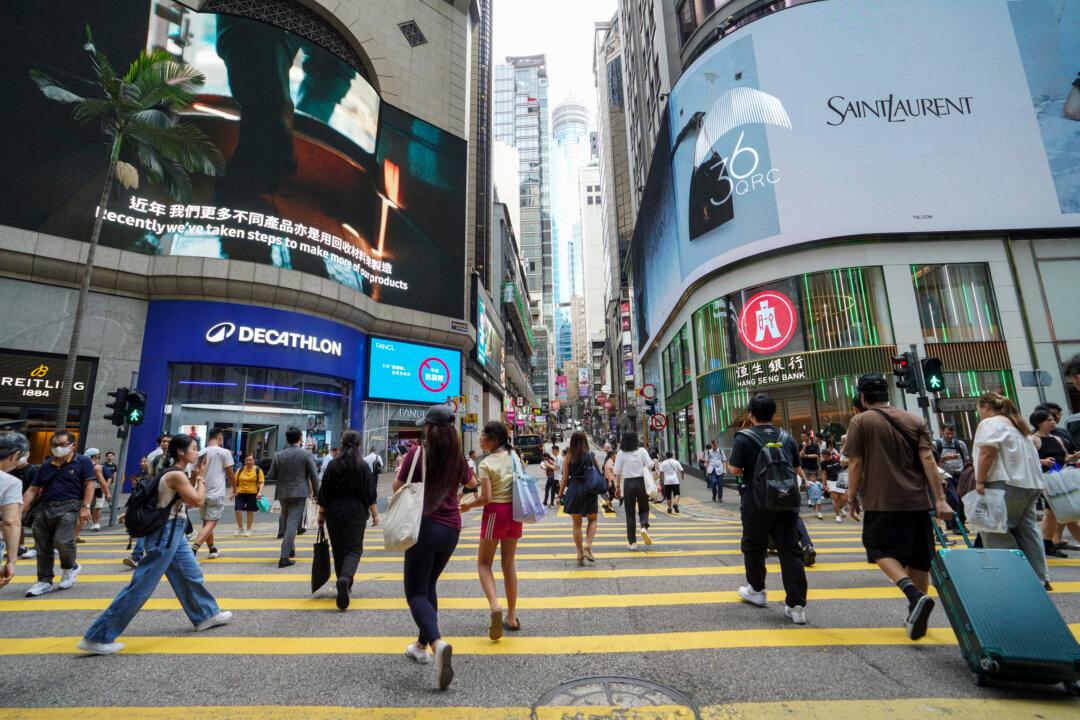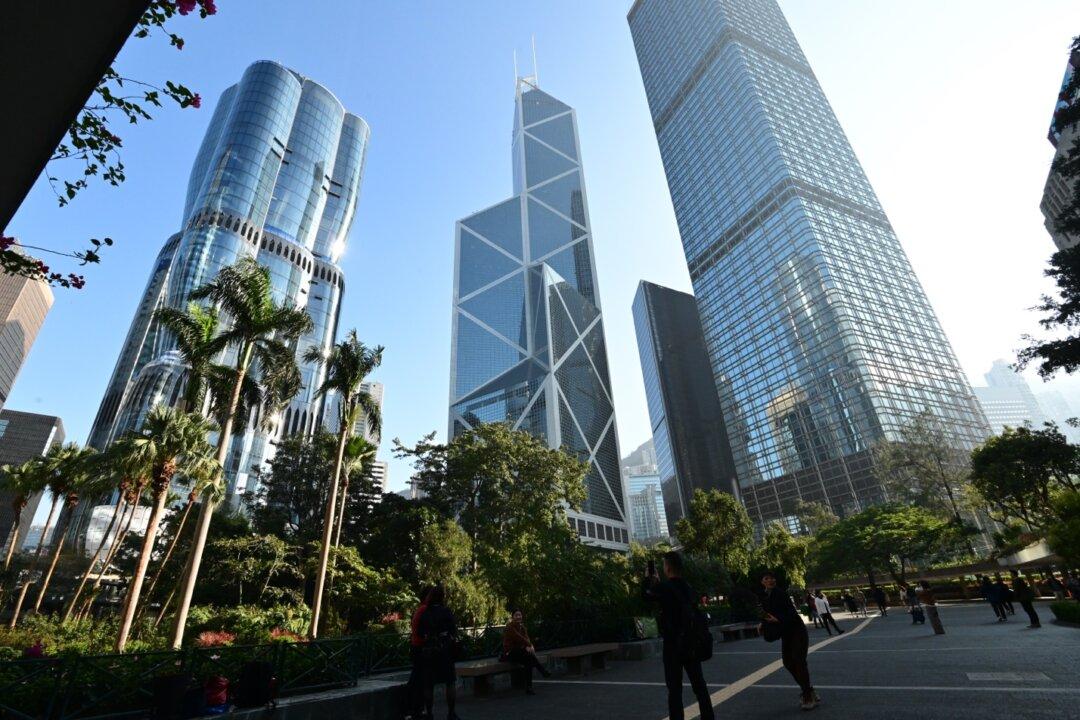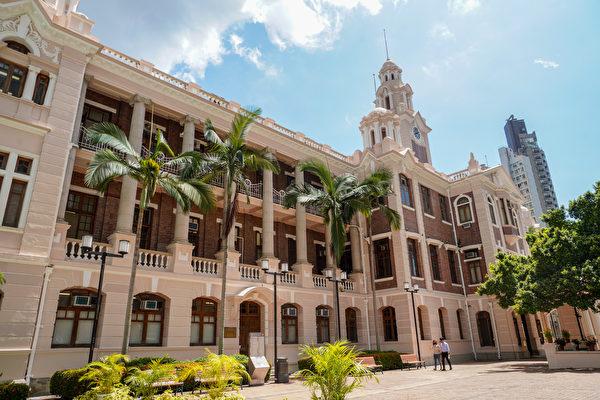News Analysis
Since the National Security Law in 2020, an emigration wave has appeared in Hong Kong. To tackle talent loss in Hong Kong, the authorities launched multiple talent schemes. According to some China experts, the Chinese Communist Party (CCP) has long brewed a “retain Hong Kong without Hongkongers” plan, which they believe is currently being implemented.

